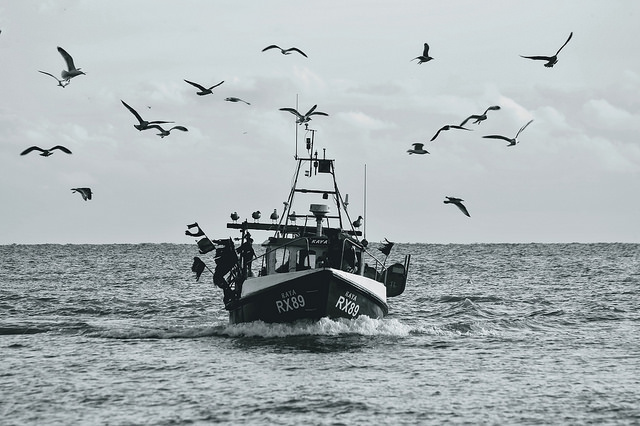New fishing quota rules from the EU will cause further problems for the UK’s hard-pressed fishing industry, a House of Lord committee has warned.
The new legislation bans crews from discarding fish that takes them over their allotted quota for a particular species, requiring them to bring all the catch back to shore.
This could mean that fishermen hit their annual quotas earlier in the year and have to stop fishing, the Lords EU Energy and Environment sub-committee was told.
They heard this would cause particular difficulties in mixed fisheries, where crews catch a range of fish species.
Under the new rules, designed to reduce waste, these crews would find it difficult to avoid exceeding their quotas for a particular species, particularly if it was a low one.
This could force them into either halting fishing operations early for the year or breaking the law by carrying on and discarding fish that took them over their quota.
Barrie Deas, the chief executive of the National Federation of Fishermen’s Organisations, said the rules, which come into effect today, were badly designed.
He warned that they would lead to crews having to halt fishing for long periods after hitting their quotas on specific species.
The committee expressed doubts about how the rules would be enforced after they have been fully phased in, with patrol boats only able to check a small number of craft.
Committee member Lord Krebs said fishing crews, environmental groups and enforcement agencies did not believe the rules can be implemented from January 1.
He added: “Most people we spoke to thought nothing would change – fishers will continue to discard, knowing the chances of being caught are slim to none.”
He said the alternative – complying with the new law – could bankrupt them.
The Department for Environment, Food and Rural Affairs (Defra) said it was working to address the challenges posed by the new policy.
The committee will publish its report on the implementation and enforcement of the new ‘landing obligation’ next month.




